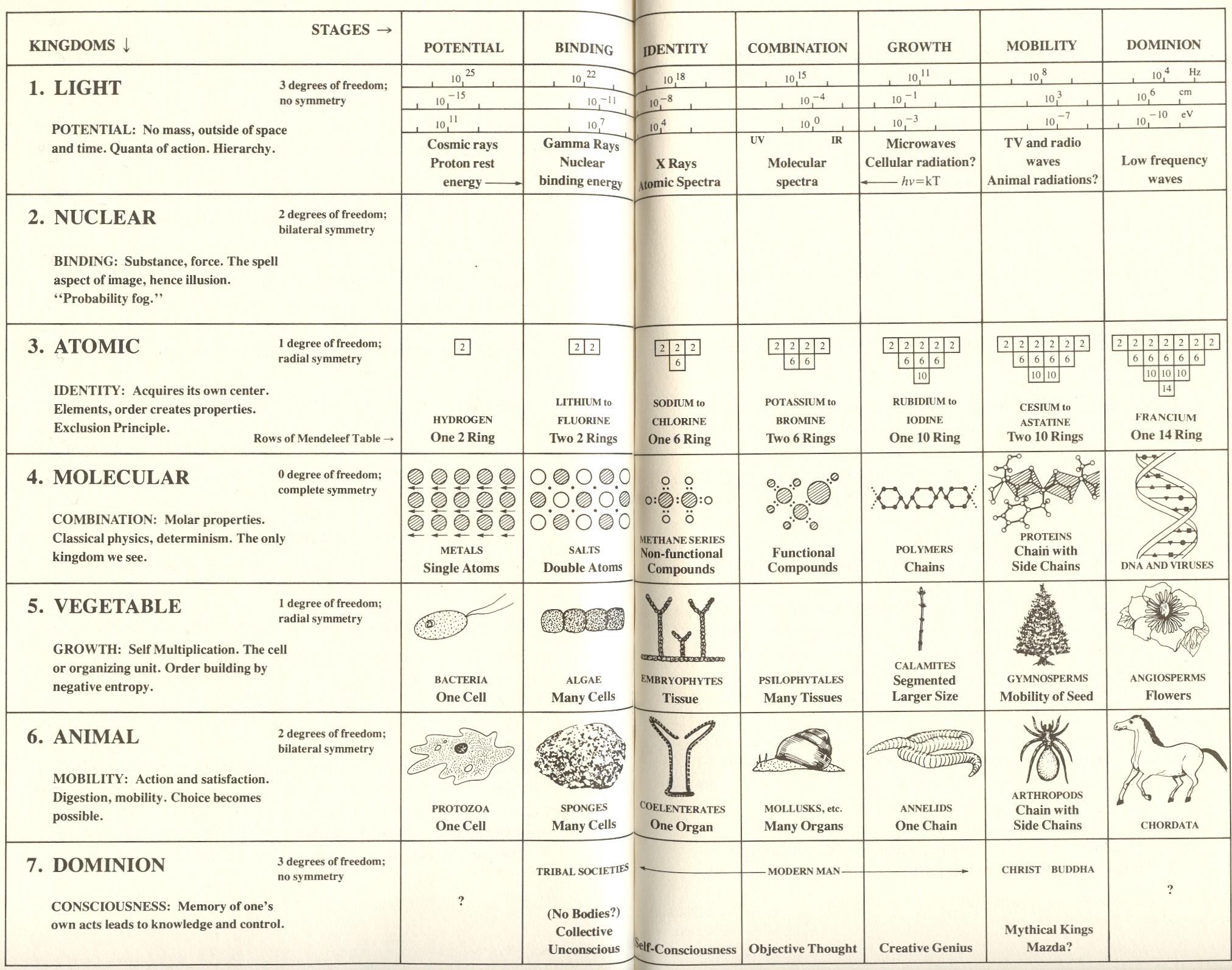Advertisement
Help Keep Boards Alive. Support us by going ad free today. See here: https://subscriptions.boards.ie/.
https://www.boards.ie/group/1878-subscribers-forum
Private Group for paid up members of Boards.ie. Join the club.
Private Group for paid up members of Boards.ie. Join the club.
Hi all, please see this major site announcement: https://www.boards.ie/discussion/2058427594/boards-ie-2026
The Origin of Specious Nonsense. Twelve years on. Still going. Answer soon.
Comments
-
-
-
-
-
-
Advertisement
-
-
-
-
-
-
Advertisement
-
-
-
-
-
-
-
-
-
-
-
Advertisement
-
-
-
-
-
-
-
-
-
-
Advertisement
-
Advertisement


 https://www.youtube.com/watch?v=5AYIcTVizM4
https://www.youtube.com/watch?v=5AYIcTVizM4



 https://www.youtube.com/watch?v=QMVfafAYTMg
https://www.youtube.com/watch?v=QMVfafAYTMg